To the Meteorological conditions exercise a direct influence on the energy sector, covering since the processes of generation planning through to plant operation and maintenance hydroelectric plants, wind and solar farms, as well as energy distribution and transmission companies.
This occurs because, both in Brazil and in much of the world, assets that make up the electricity sector are susceptible to interference from the weather, with wind, water and sun as fundamental elements in energy generation.
In this context, even small climate changes can influence meteorological variables, affecting, therefore, the planning and operation of the national electricity sector and solar energy projects, one of the main renewable sources in Brazil.
Over time, the climate – precipitation regime, wind pattern and temperature – can change over decades, centuries and millennia. These changes may be the result of natural causes, such as changes in solar radiation and orbital movements, or they may be a consequence of human activities.
Changes due to natural causes occur on a temporal scale in the order of centuries to millennia when compared to anthropogenic changes, and can be intensified by human activities.
Within the topic of climate change, the terms global warming and greenhouse effect arise, which need to be understood to make it possible to assess the impact of climate change on the energy sector.
Global warming is related to the increase in the global average air temperature close to the surface and this factor is related to the growth of greenhouse gas emissions into the atmosphere.
These gases absorb part of the long-wave radiation emitted by the Earth's surface after warming, causing an increase in temperature. This process is natural and essential for life on planet Earth, as it maintains the planet's average temperature at around 15°C.
However, as a result of the exponential growth in the amount of gases emitted into the atmosphere, the global average temperature has been increasing at a high rate.
How does the energy sector impact the climate?
The energy sector plays an extremely important role in combating greenhouse gas emissions, due to the development and encouragement of energy generation from renewable and clean sources, as the sector is responsible for a considerable part of gas emissions. the greenhouse effect, caused mainly by the burning of fossil fuels.
While renewable energies are fundamental to the energy transition, they depend on meteorological conditions, being affected or even drastically reduced in some regions due to changes such as changes in the frequency and intensity of rain, changes in the amount of solar radiation that reaches the surface and in wind circulation patterns.
In addition to energy generation, transmission and distribution activities may also suffer negative impacts due to the increased frequency or intensity of severe weather events, mainly due to increased wind intensity in regions altered by human action.
Recently, several regions of Brazil have suffered from sudden changes in climate and suffering from the intensity of rain and winds, which result in falling trees, leaving consumers without energy supply, as happened in São Paulo.
How does climate change influence the development of photovoltaic projects?
Climate change has a significant impact on the solar generation sector, which is one of the most promising and widely adopted renewable energy sources for mitigating greenhouse gas emissions.
These changes influence several aspects of solar energy performance and viability, shaping the landscape for the energy transition.
One of the most evident impacts is the variability in climatic conditions. Increases in the frequency and intensity of extreme weather events, such as storms and intense rainfall, can affect the operation of solar installations.
Floods and storms can cause physical damage to solar farm infrastructure, resulting in interruptions in power generation and additional maintenance costs.
Additionally, climate change can alter solar radiation patterns. Variations in cloud cover and the incidence of direct solar radiation impact the amount of energy that solar installations can capture.
These fluctuations can influence the efficiency of systems and affect the predictability of energy production, which can be a challenge for the efficient integration of solar energy into the electrical grid.
However, it is important to highlight that climate change can also bring opportunities for the solar energy sector. For example, rising temperatures in certain regions may result in an increase in demand for solar-powered refrigeration systems.
Furthermore, continued technological innovation can lead to the development of technologies that are more resilient and adaptable to evolving climate conditions.
In summary, climate change presents significant challenges for the solar generation sector, requiring adaptations in planning, design and management strategies.
At the same time, these changes also offer opportunities for innovation and improving the resilience of technologies, playing a crucial role in the transition to a more sustainable energy system.
In the challenging context of climate change, companies like Climate have played a key role in promoting awareness and providing crucial information for the solar generation sector.
Through its ongoing commitment to meteorological research and climate data analysis, Climatempo contributes to the safety and efficiency of solar operations by providing valuable insights into constantly evolving weather conditions.
Its monitoring and alert system not only helps mitigate the adverse impacts of climate change on solar installations, but also empowers industry professionals to make informed and strategic decisions.
In this way, Climatempo plays a crucial role in building a more sustainable future, where solar energy can prosper in a resilient way and contribute significantly to the global energy matrix.
All content on Canal Solar is protected by copyright law, and partial or total reproduction of this site in any medium is expressly prohibited. If you are interested in collaborating or reusing part of our material, we ask that you contact us via email: [email protected].


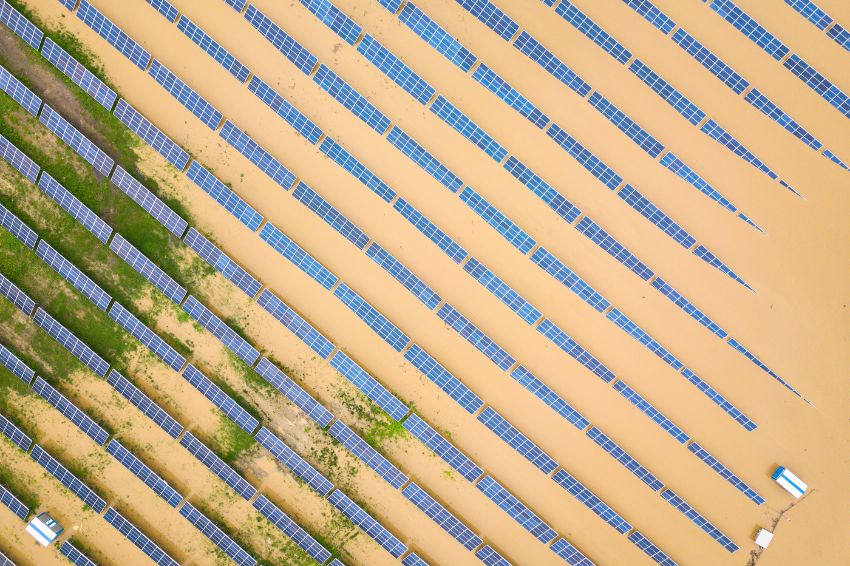

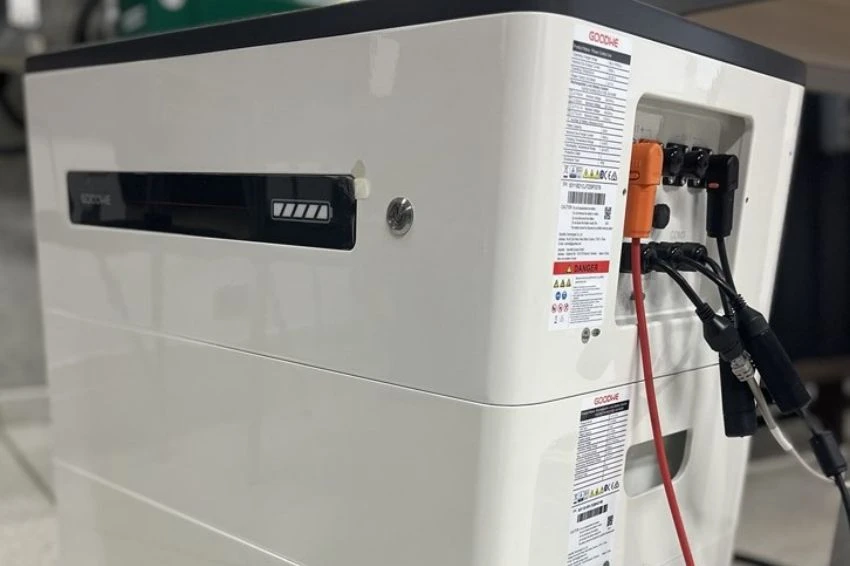
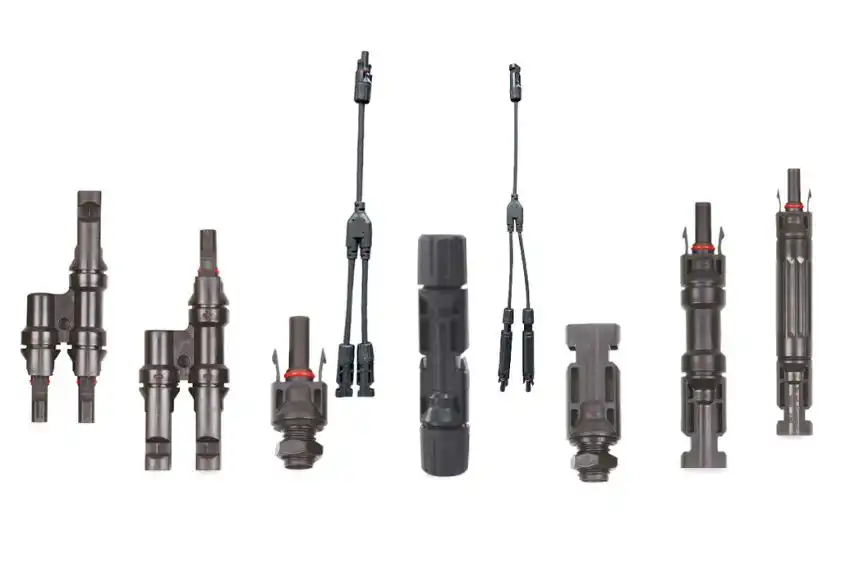

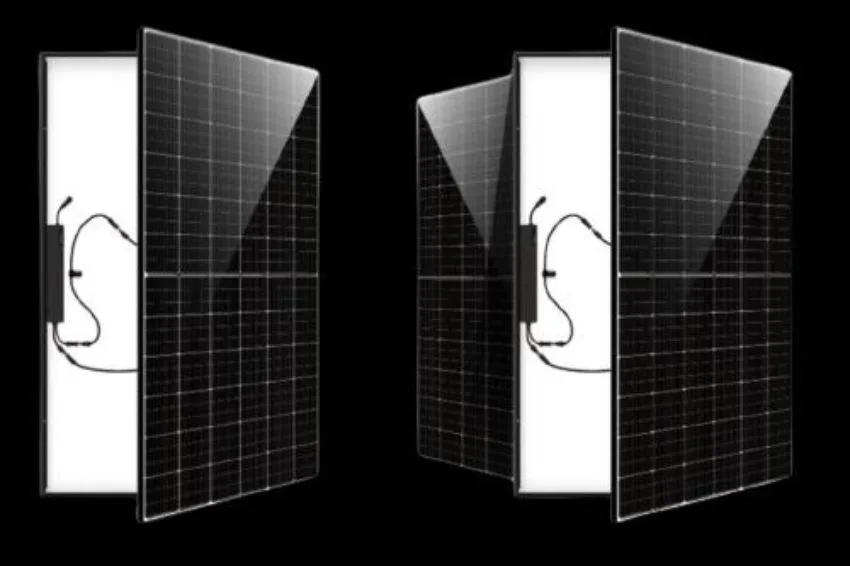
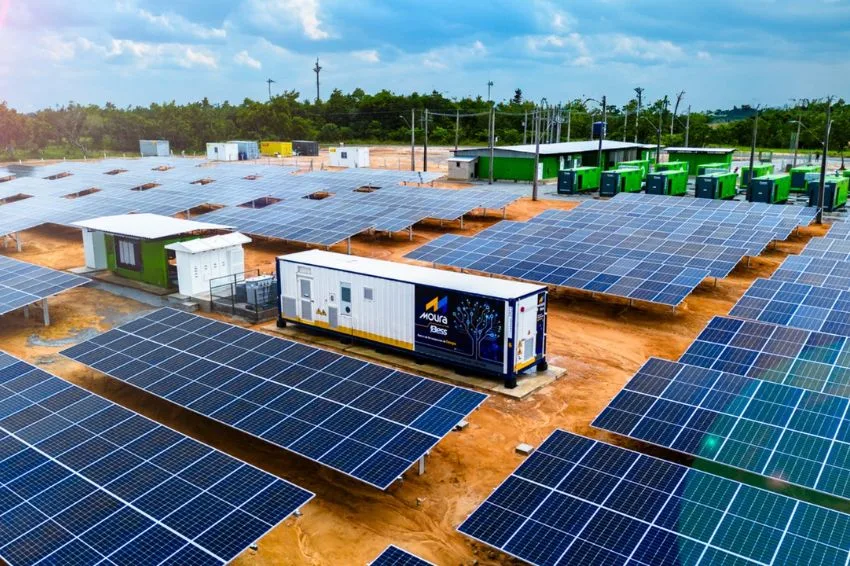
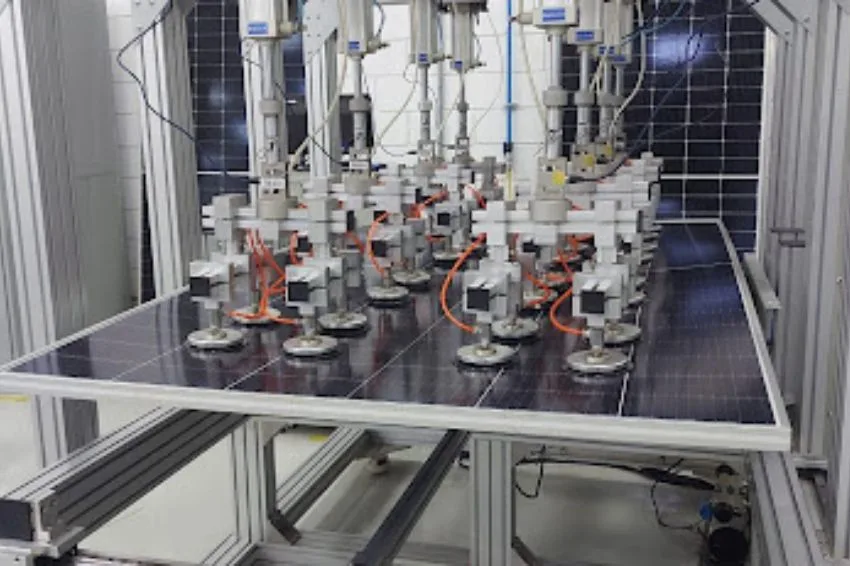







One Response
Hi Lara, good morning. My name is Edir Figueiredo, I'm 75 years old, still fully active. I am a mechanical production engineer with some specializations throughout my professional life, including sustainable education. I'm working on an article about smart condominiums. I would like to have access to your master's thesis work to see if there is anything of interest to me. You would authorize me.